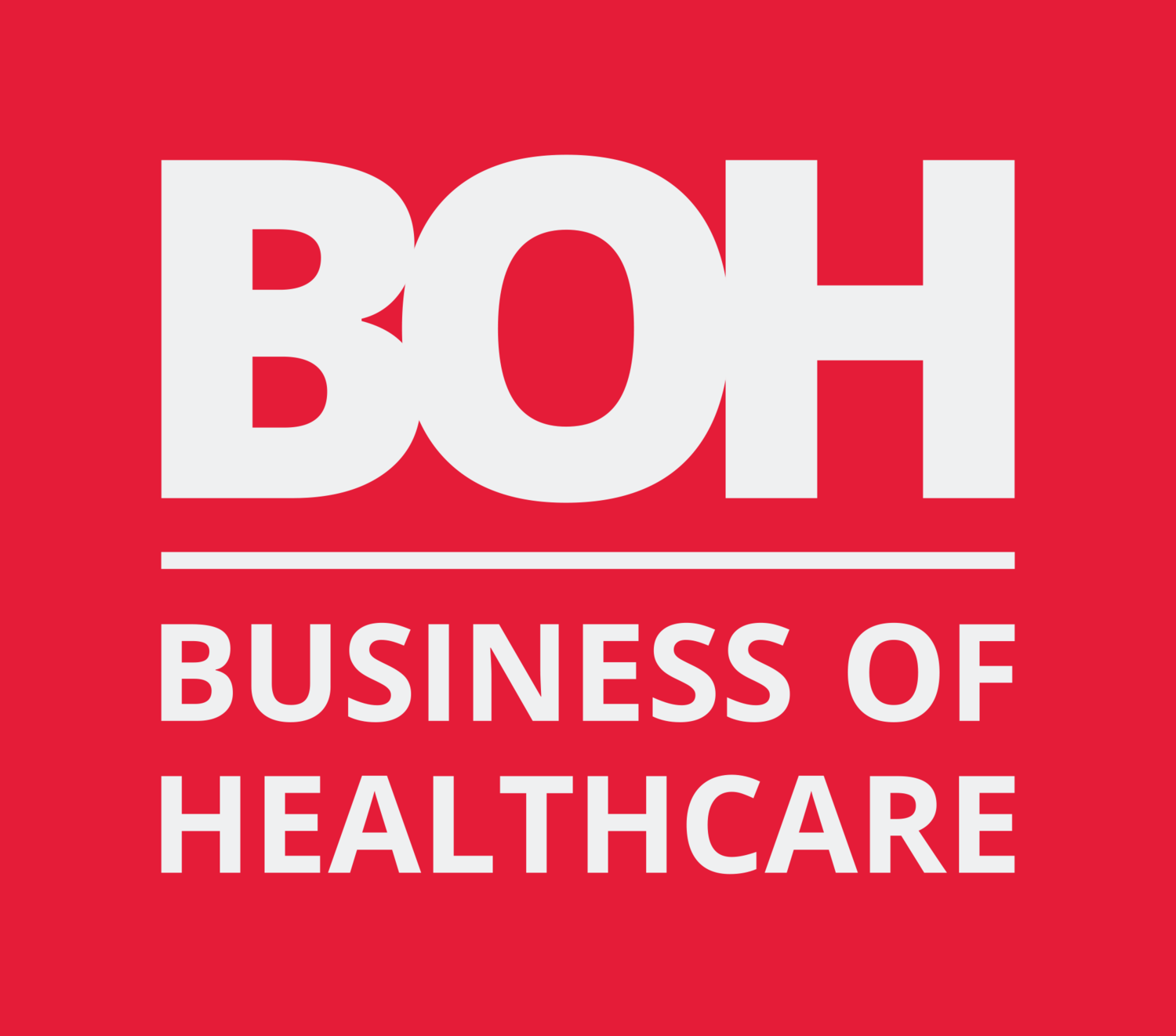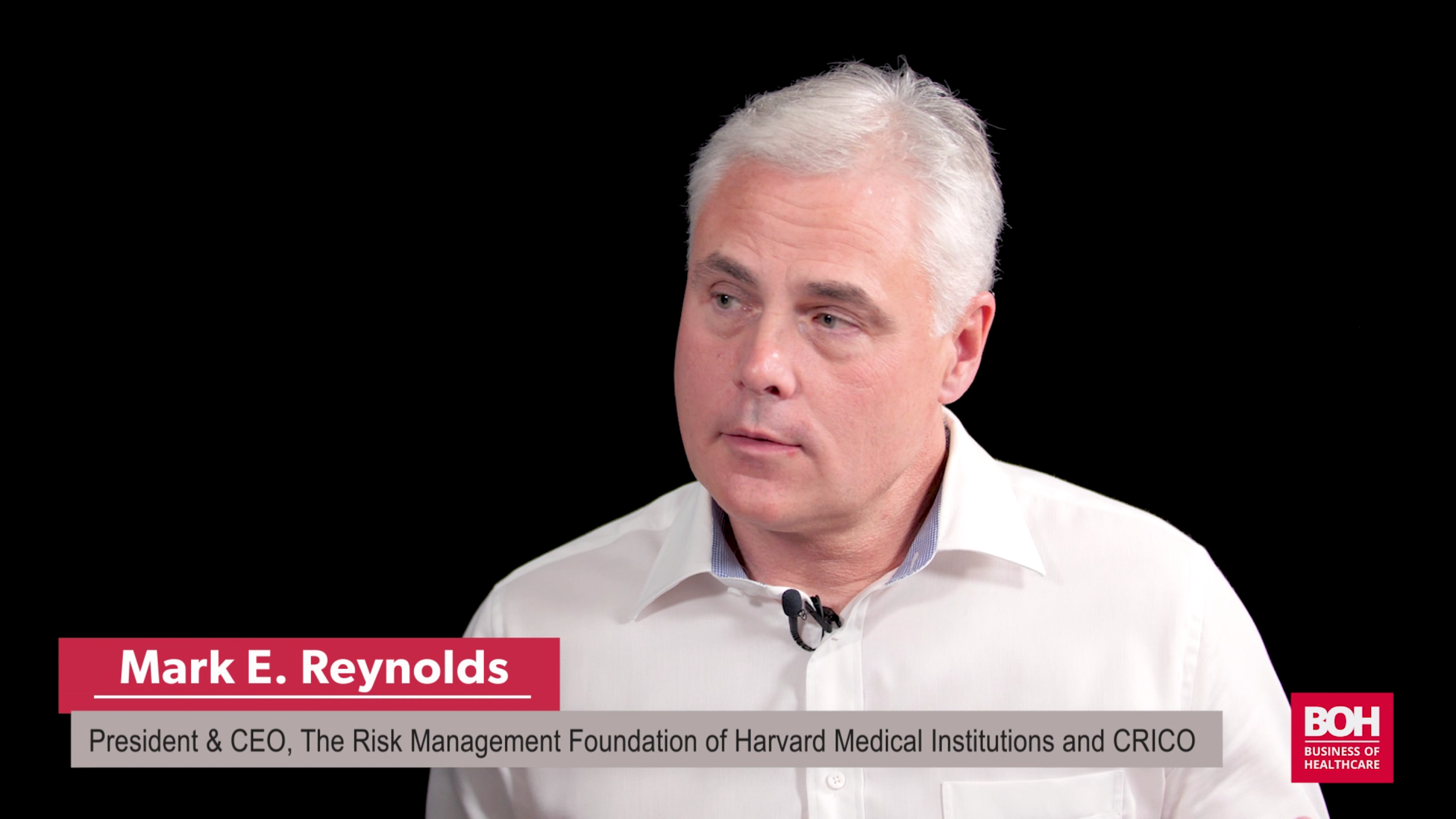Featured
Carteret County is a coastal North Carolina community of approximately 70,000 residents which swells to 200,000 during the summer beach season. Carteret had a big overdose problem, ranked in the worst quintile in North Carolina.
That’s where Consolidated Health and Human Services Director Randall Williams, MD, FACOG and Post Overdose Response Team Manager Brooke B. Lane, MPH, CHES came in. In only two years, they reduced overdoses by 90%, overdose deaths by 80%, and overdose-related ER visits by 50%.
Recent Interviews
Carteret County is a coastal North Carolina community of approximately 70,000 residents which swells to 200,000 during the summer beach season. Carteret had a big overdose problem, ranked in the worst quintile in North Carolina.
That’s where Consolidated Health and Human Services Director Randall Williams, MD, FACOG and Post Overdose Response Team Manager Brooke B. Lane, MPH, CHES came in. In only two years, they reduced overdoses by 90%, overdose deaths by 80%, and overdose-related ER visits by 50%.
Scott Hawig (Froedtert Health), describes the organizational ‘muscle memory’ formed through population health and insurance captive initiatives.
Karen L. Smith MD, FAAFP kept discovering opioid addiction in the families she served in her independent, rural primary care practice.
Physician practices in New York City found themselves at the coronavirus epicenter. Physician practice leader Craig Gruen and digital agency founder Bryan Cush share new ways they invented to serve patients and providers.
“No outcome, no income,” says Dr. David Nash, Founding Dean Emeritus, Jefferson College of Population Health. JCPH is the nation’s first graduate school of population health.
Virtual triage bots are autonomous, AI-powered chatbots which help patients find the right care at the right urgency. We explore virtual triage with two health systems leaders deploying virtual triage for their patients and with two innovators who developed a triage algorithm. We also look at Triage Bot, a commercial virtual triage tool provided by Medchat, a HIPAA-compliant chat platform used by hundreds of healthcare organizations.
Cathy Lee, Corporate Vice President for Patient Experience at McLeod Health, explains the disciplines of a modern patient experience program and her innovations in the space.
Digital ethnography observes healthcare decision making on community message boards. These insights bring a more distinct ‘voice of the customer’ to shape marketing and service delivery.
Why are marketing tools, techniques and approaches so important to transforming healthcare? Zeev Neuwirth, MD says, “The field, in my estimation, that really understands what people want and need is the field of marketing.”
Physicians want to serve patients with the highest value care at the best cost while being fairly compensated. Growth is a sign of a healthy, well-run practice. Ethical medical groups attract patients and increase revenue per patient by providing better outcomes, patient experience, and value as compared to local alternatives. Some practices are choosing private equity to fund growth.
In 2016, Wilmington, NC had the highest concentration of opioid use disorder among US cities. Community leaders including Philip M. Brown, MD, FACS helped intervene in this public health epidemic.
When a med mal claim emerges from patient injury, we may debate who’s liable but we can agree something undesirable happened.
Physician entrepreneur Brian Alper, MD explores shared decision making as an intervention improving patient safety, patient satisfaction and financial outcomes.
CHRISTUS chief clinical officer John Gillean, MD, MHA, among his many responsibilities, guides his organization’s insurance captive to reduce operating costs and improve patient safety.
Larry Smith and Rachel Leyko of MedStar Health explain Early Intervention, their journeys to advocacy and evidence of lowers costs and better outcomes for patients, families and clinicians.
Becky Gernon, MD of Blue Cross and Blue Shield of Kansas City and Peggy DeCarlis, recently retired from New Directions Behavioral Health, report on integrating behavioral health into primary care clinics and their recently published results showing 10.8% population health cost savings.
Medical professional liability insurance premiums may rise and cyber security may become a factor. Leading MPL underwriting expert Nat Cross, Beazley Group’s Healthcare Leader, forecasts premium trends and explains the drivers.
Sandra Jarrett, FACMPE, leads an orthopaedic physician practice and serves on Medical Group Management Association's North Carolina Board.
Michelle Johns, Chief Risk Officer of IU Health and Bob Chaput, Executive Chairman of Clearwater explore why insurance captives have become so strategically important to patient safety innovation.
Mike Hakimian explains a hardening market in medical malpractice insurance. He describes current conditions and evidence suggesting premiums will rise.
Jim Stefansic, Ph.D., MBA of Raiven Healthcare describes how payers and providers can use artificial intelligence algorithms to optimize treatment plans, medical spending and patient outcomes.
Wilmington Health CEO Jeff James, MBA describes the challenges they overcame for their own physician-led ACO and on behalf of large employers to achieve better cost and quality.
Mandy Cohen, MD, MPH, North Carolina Sec. of the Department of Health and Human Services, joins BOH host Matthew Hanis for a live interview in front of 200 NC physician practice leaders.
Therapist and psychotherapy practice owner Staci Connolly recently deployed a digital diagnostic tool for patients. She anticipates the tool will accelerate diagnosis and measure patient progress in treatment, providing data she believes insurers will soon require.
Can health systems engage consumers digitally to improve quality, cost and satisfaction? According to Mark Jannone, Senior Director, Banner Health’s Banner Innovation Group, the answer is a solid, “Yes.”
David C. Guth, Jr., Co-Founder & CEO of Centerstone and Marlowe Greenberg, MPP, Founder & CEO of Foothold Technology join BOH host Matthew E. Hanis to discuss driving better patient outcomes through data integration across behavioral, social and medical services.
David B. Nash, MD, MBA is founding dean of the Jefferson College of Population Health, one of the first programs granting Master and Doctoral degrees in population health topics.
Cardiologist and Tryon Medical Partners CEO Dale Owen, MD led 88 physicians in separating their practice from a large health system.
Gary Filerman, Ph.D., influential researcher and long-time advocate for formalized healthcare management education, argues the US middle class will ultimately vote for universal healthcare coverage as a means to lower out-of-pocket costs and waste.
Dr. Lloyd Sederer, a Professor, Columbia Public Health School, medical journalist, book/film/TV reviewer and the Chief Medical Officer for the $4 billion New York State Office of Mental Health advocates for his approach to the addiction and mental health crisis in our country.






























